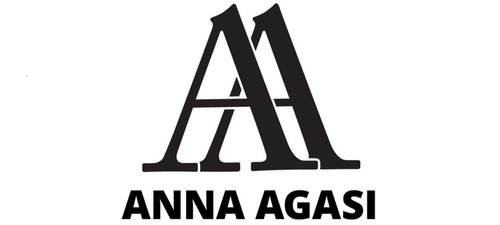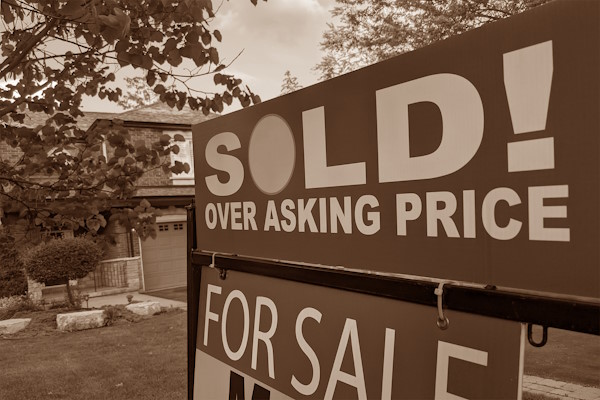Duplex, condo, or a bungalow – no matter what type of house it is, buying one is indeed a significant accomplishment. While becoming a homeowner can bring you a sense of achievement and pride, it can soon become overwhelming when you realize the costs that come with it.
Whether you are planning to purchase a new home or have already started looking for one, you must familiarize yourself with the costs associated with homeownership. This will enable you to create the right action plan to invest in the right property and lead a peaceful and comfortable life.
My goal is to help couples find the house of their dreams, as well as guide them throughout the process of home buying and ownership, so they are better prepared to make an informed decision.
The Costs of Owning a Home
Typically, people believe that they only have to worry about the down payment and the monthly payments when buying a house. This results in them creating a budget, which can’t cover all the expenses. It is essential for potential homeowners to understand that there are plenty of initial and ongoing expenses related to homeownership.
Following are some initial costs you’d have to pay when buying your home:
- Land transfer tax
- Home inspection fees
- Real estate commissions
- Appraisal fees
- Legal fees
- Closing costs
- Moving costs
- New home costs
Aside from the initial costs, you should also consider the ongoing costs you will have to pay once you have become a homeowner. These ongoing costs may include:
- Mortgage payments – the heaviest expense
- Property taxes
- Utility bills, including cable, internet, water, electricity, etc.
- Premiums for home insurance
- Mortgage protection insurance
- Townhouse or condominium fees
- General maintenance
By understanding both the initial and ongoing costs of homeownership, you can fully prepare yourself for the financial costs of purchasing and living in your new home. Considering all these costs will also make it easier for you to make an informed buying decision, thereby resulting in you and your family make the best memories in your newly-purchased home.
Tips to Save For a House
Since buying and owning a house means increased expenses, it is essential to have a solid saving plan in place. Here are some effective saving tips for your home and living expenses:
- Start Prioritizing
First things first, you need to start prioritizing everything to create the right budget. Saving money to buy a home and ensuring that you can afford to live in it is mostly about setting your priorities right. Do you really need to order takeouts for dinner and lunch every day? Are you willing to compromise on buying clothes from branded shops to own a house?
You need to decide the things that are important for you and your family. If saving for a house is your priority, then find ways to reduce your expenses. For instance, start cooking your meals and do meal preps over the weekend to limit your takeout expenses, shop for clothes at thrift stores or on sale, and cancel the gym subscription if you never really go there.
Evaluate your lifestyle and determine the things you absolutely need and things you are merely wasting your money on. This will surely reduce your expenses and help you create an ideal budget.
- Pay off Other Loans First
It can be difficult to save money for a home when you already have loans and debt to pay off. If you have outstanding debt, then you must create a realistic repayment plan. Focus on paying the smallest debt first and then move on to the other loans.
Gradually, you will be able to pay off or reduce your total debts, once you start taking the minimum payments from the paid debt to pay off the next ones. The minimum payments that you free up can be used to make larger payments against a single debt at a time.
Paying off your debt first will not just help you in saving for your house faster, but will also improve your chances of qualifying for a mortgage. It will also improve your credit history and show lenders that you are capable and responsible enough to make debt payments on time and complete the full payment in a timely manner.
- Utilize a Tax-Free Account
Opting for a tax-free savings account is another good option to save your down payment funds. You will be able to save up a good sum in this account, completely tax-free. This means you won’t have to make payments for income tax on this money. This will result in quicker savings for your down payment. I recommend that you consult your financial advisor or planner to get further details about opening a tax-free savings account.
- Inquire About First-Time Homebuyers Programs
Canada offers plenty of first-time homebuyers programs to make it easy for people to purchase their first house. These programs aim at reducing the burden of monthly mortgage payments on first-time home buyers.
There are a few requirements of these programs, which means you need to ensure you are eligible for the program you’re applying for. You may have to be earning an annual income in the specified salary range and have the ability to pay off the mortgage with 25 years. The requirements and monthly payment will mostly depend on the type of home you’re purchasing.
- Seek Professional Help
You have paid off your outstanding debt, prioritized your savings, and have managed to save up enough to make a significant down payment. You might be thinking that the rest will be easy. Unfortunately, that is not the case. Buying a house requires a lot of effort, time, negotiating with the seller, understanding legal contracts, home inspection, and what not.
Fortunately, you can seek help from professionals. You need to seek assistance from your financial advisor and a mortgage broker to make sure that you are good to go financially. You will need to consult a real estate lawyer to create contracts, go through counteroffers, and agreements to ensure you are well-protected on these fronts.
Moreover, a qualified and experienced real estate agent can help you find the right home that suits your budget and requirements. With years of experience in the real estate industry, I can assist you take this big step by identifying the perfect house and simplifying the entire home buying process for you.
While knowing all the expenses of homeownership is necessary, it is also important to have a professional guide you in the right direction. After all, you are about to make the biggest investment of your life.
Let me guide you through this exciting stage of your life and find you a home that meets your expectations, so you can start creating beautiful memories. Remember, I have built my business through referrals and I am never too busy to help my clients!




